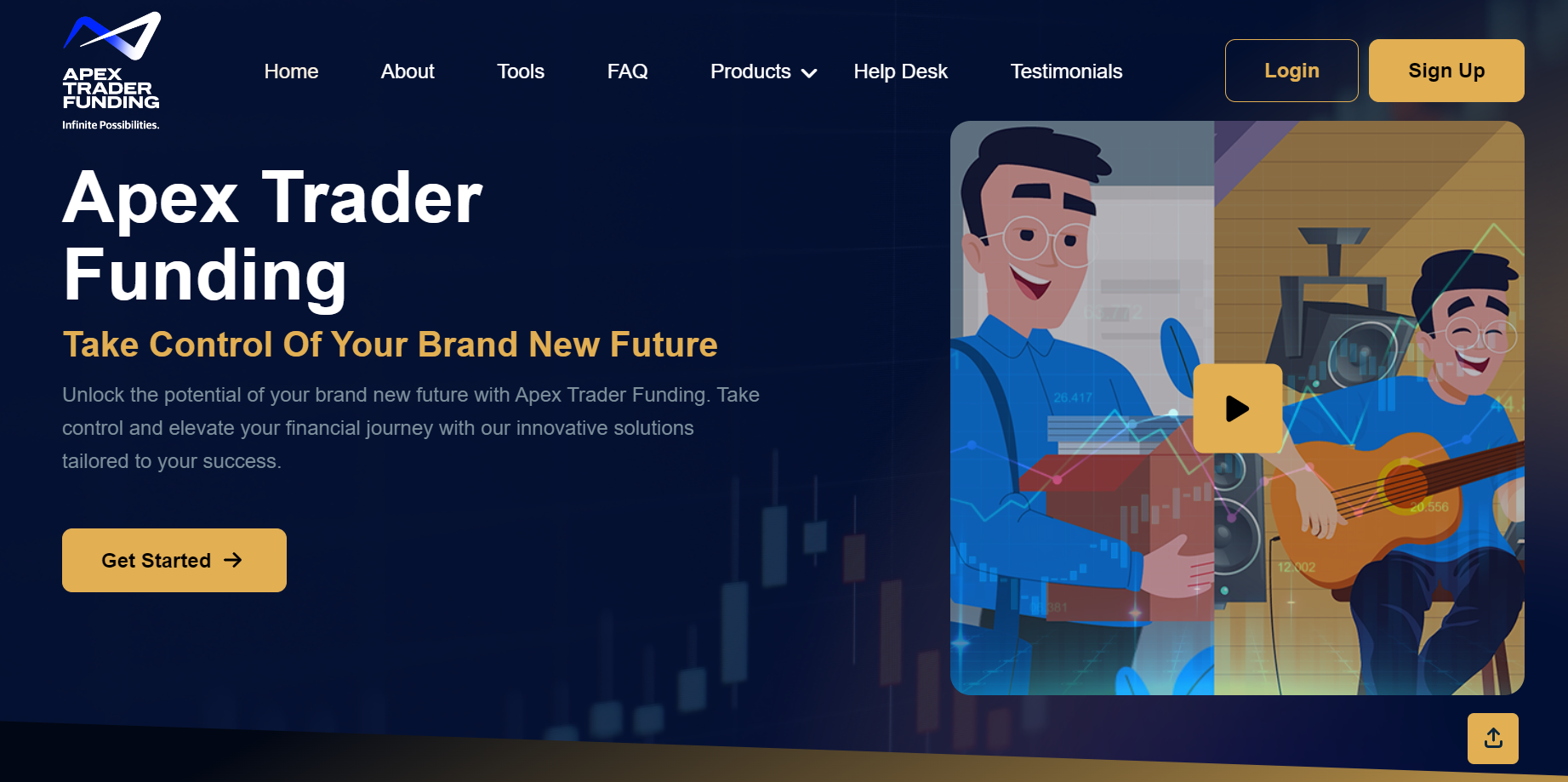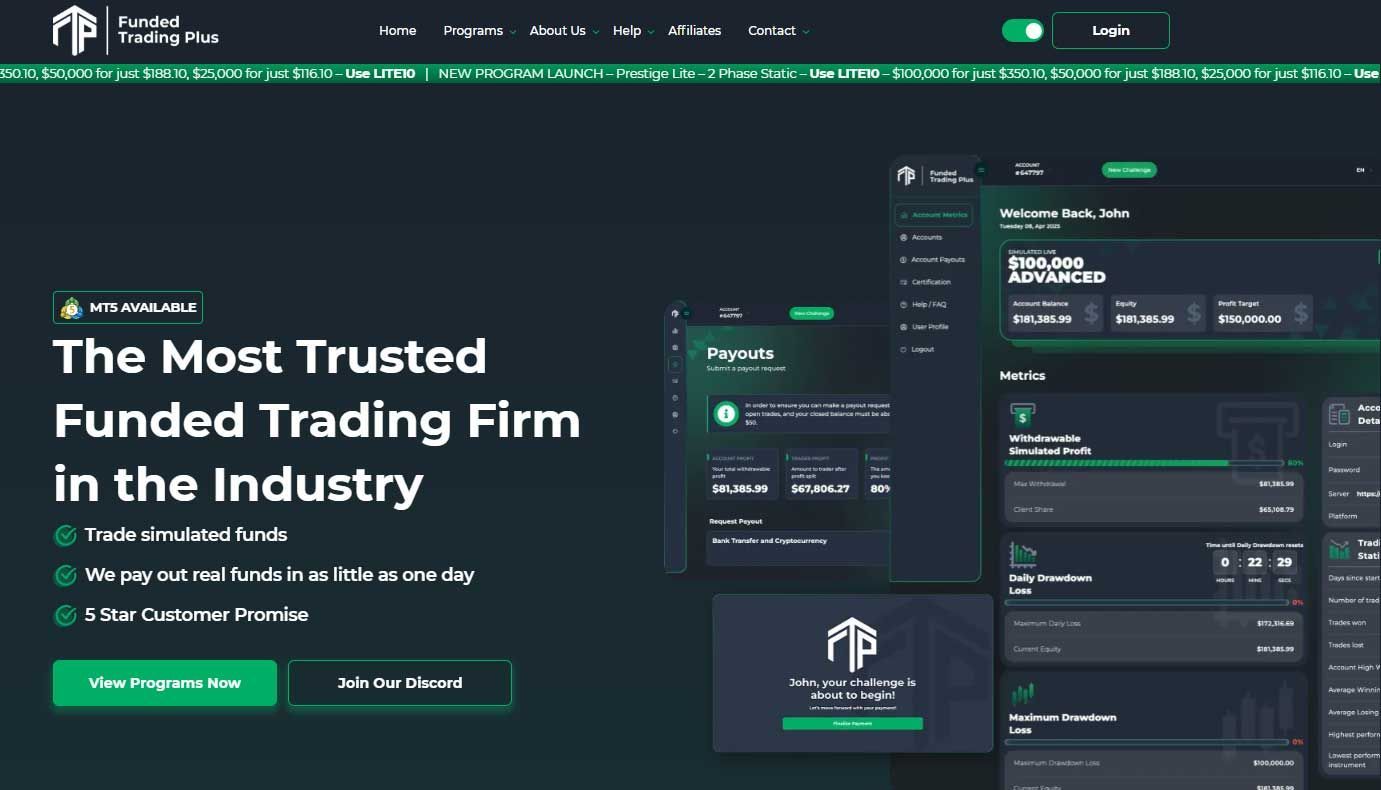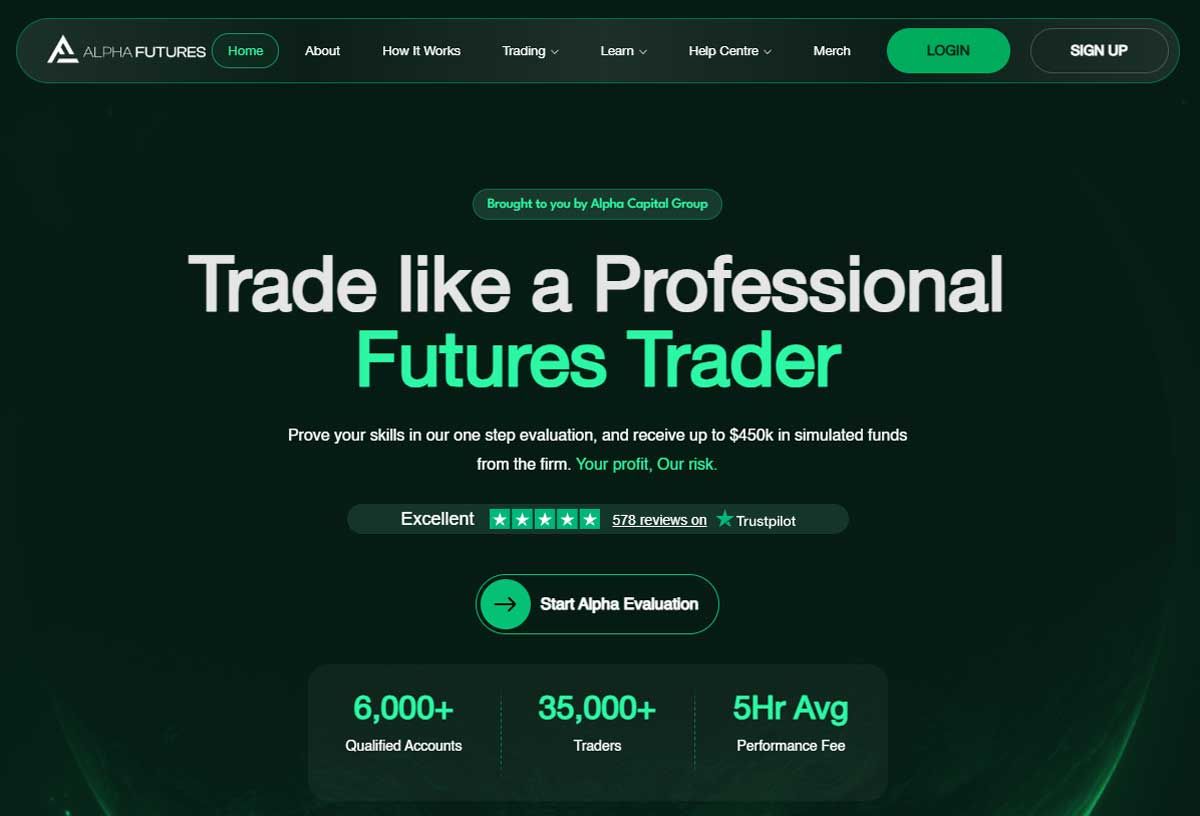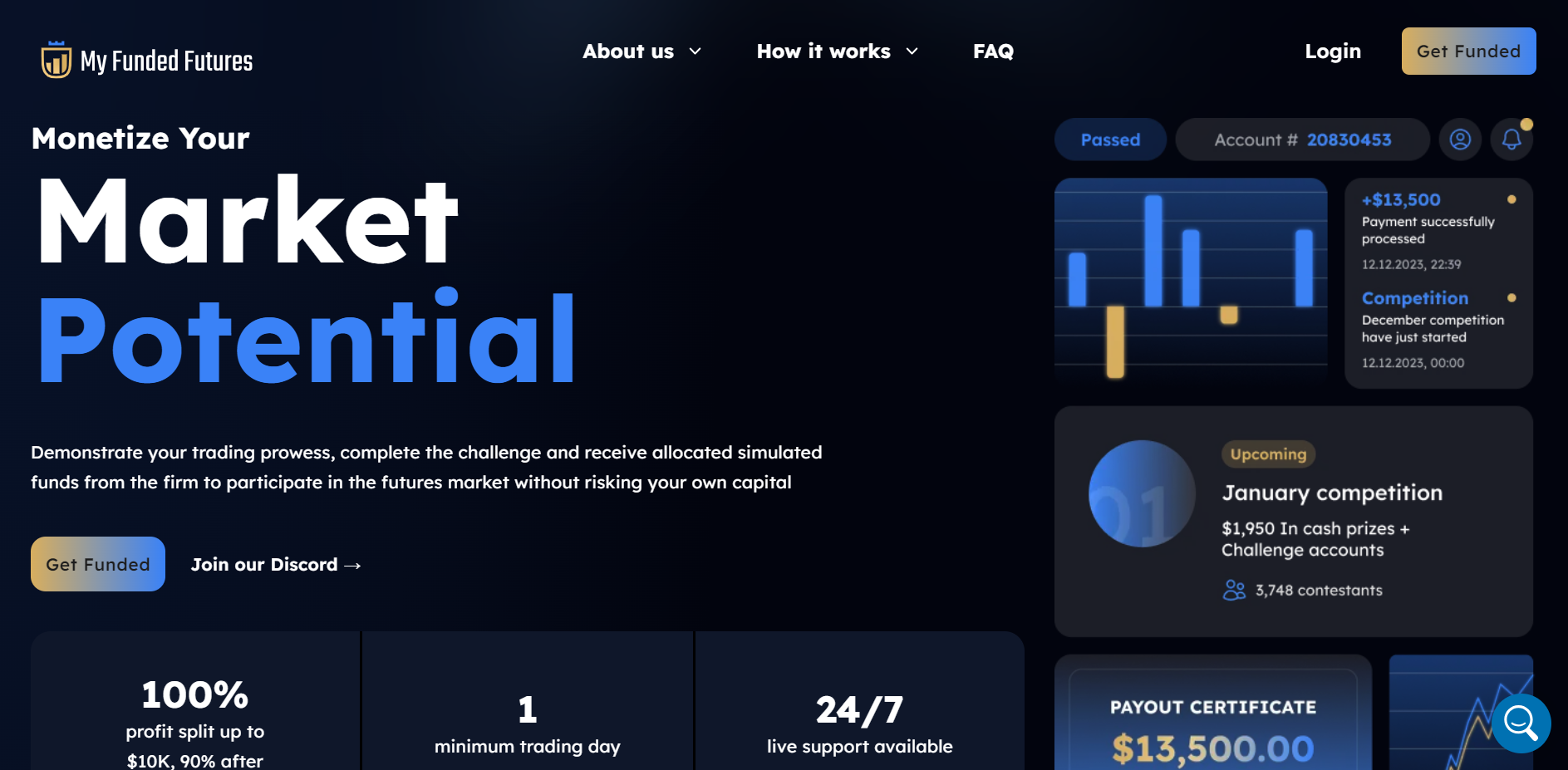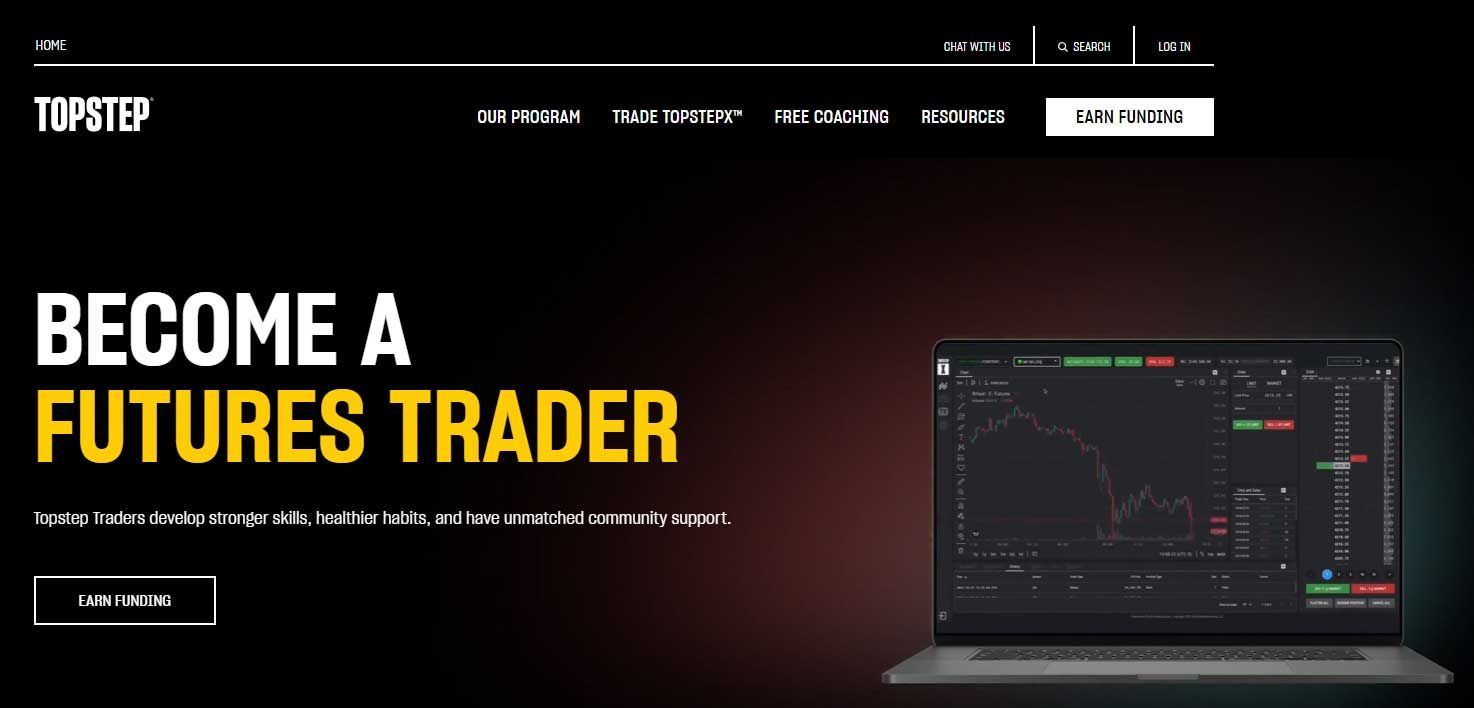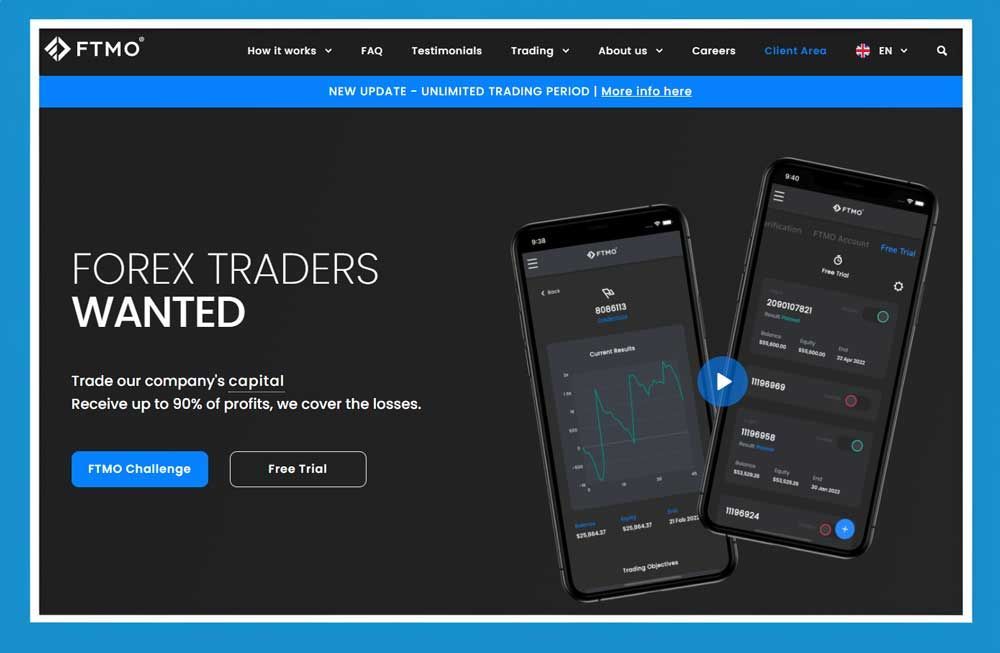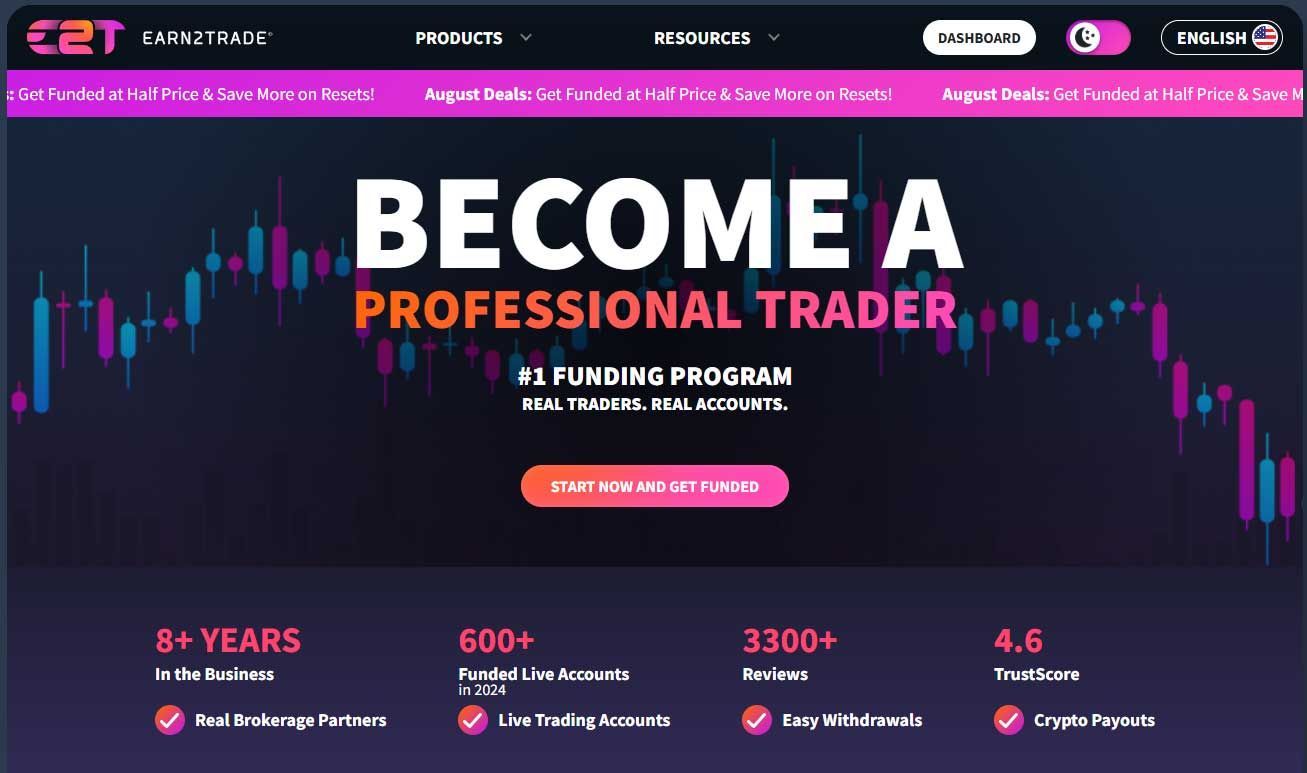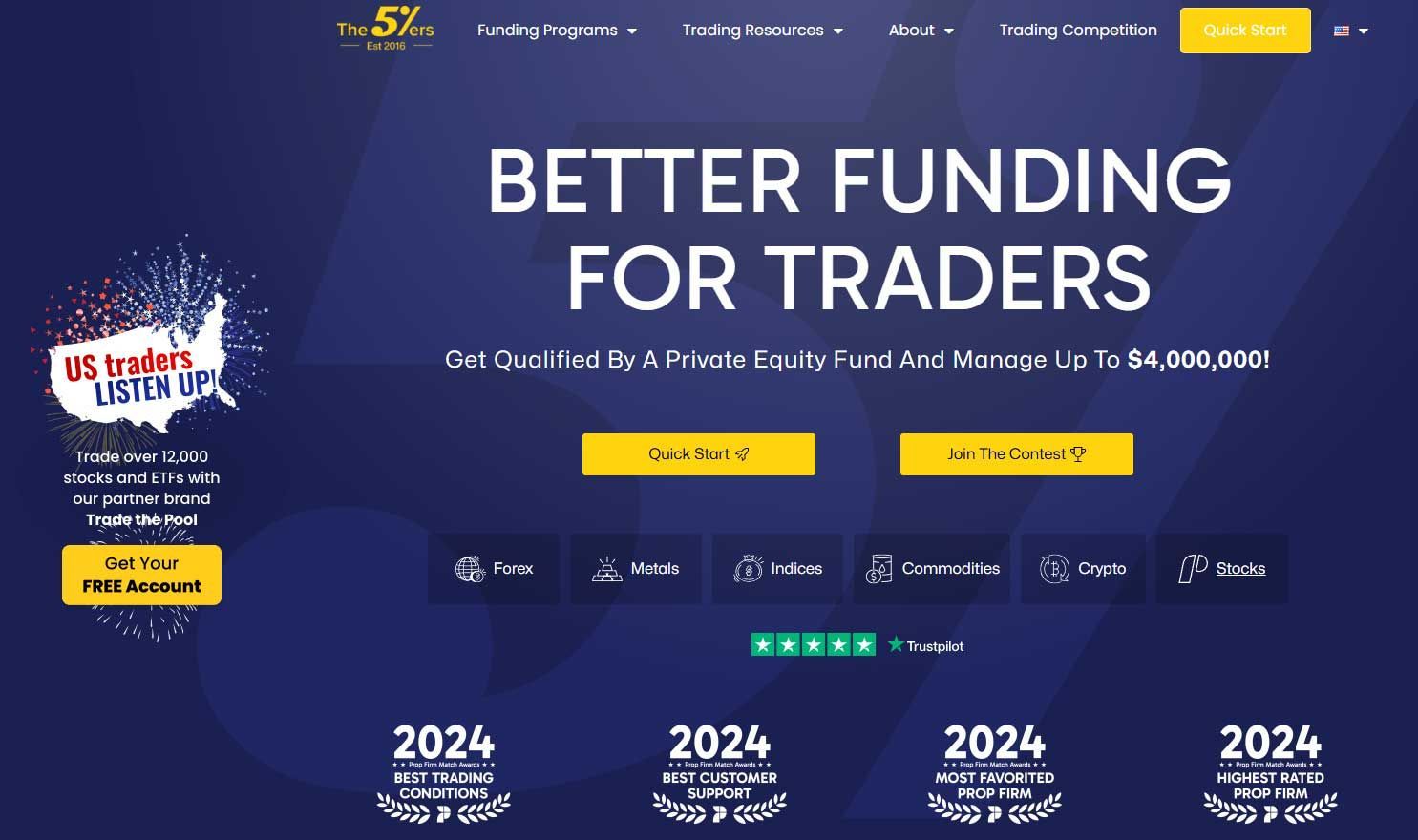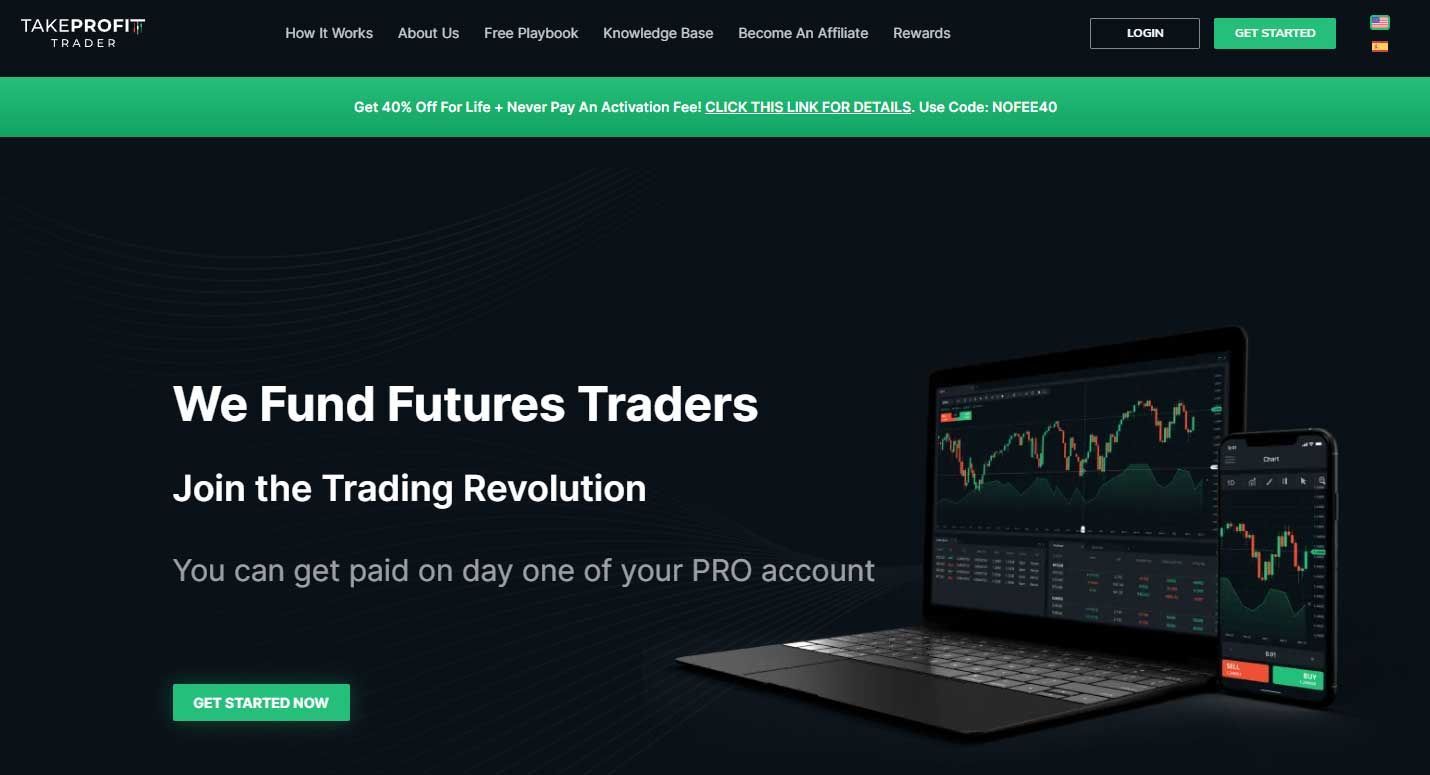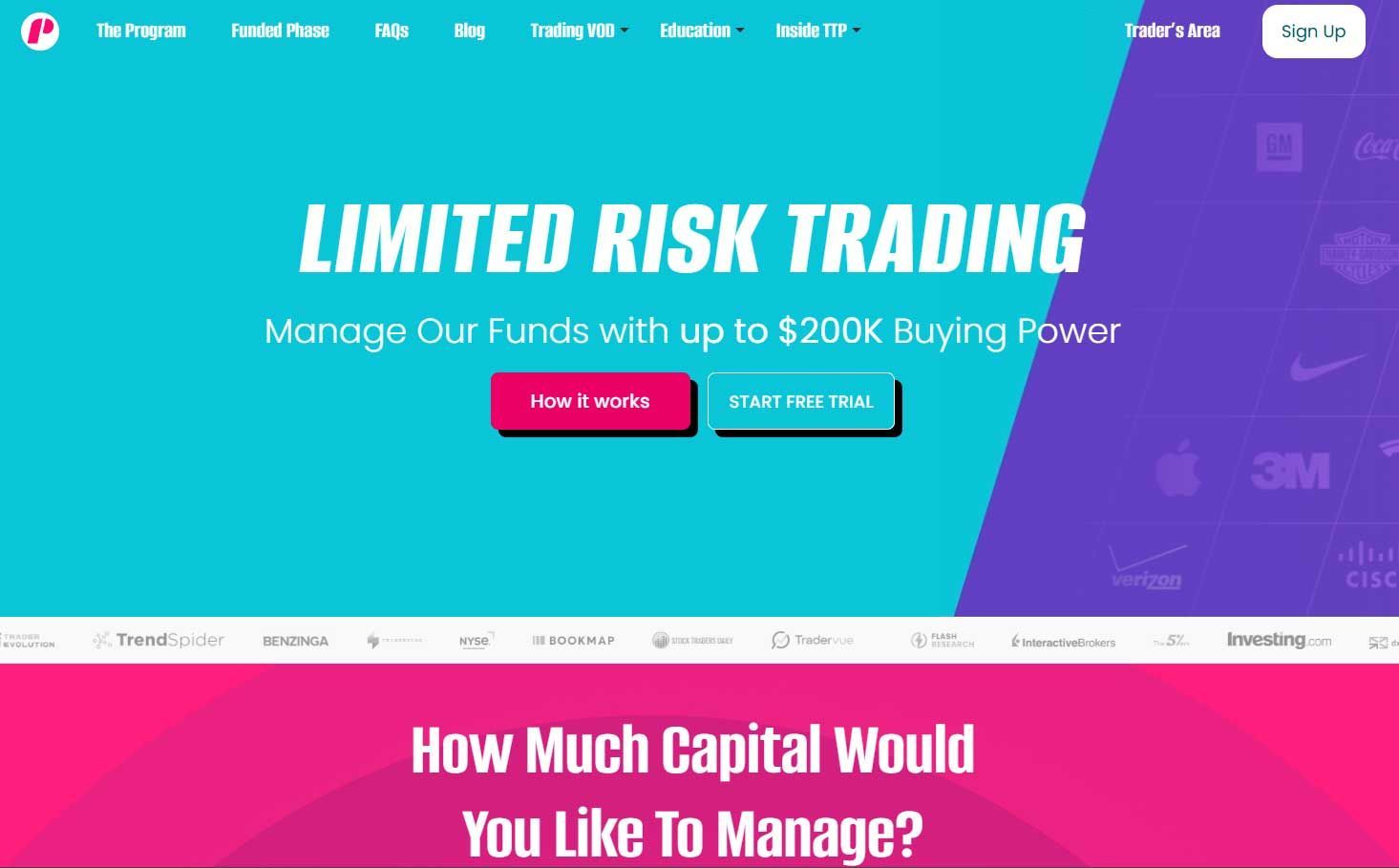Best Funded Trader Programs in 2026 [Updated Regularly]
Last Updated: January 27, 2026
Author: Day Trading Insights Research Team
Editorial Note: Although we are committed to strict Editorial Integrity, this post could contain references to products made by our partners. This is how we make money. According to our Disclaimer, none of this web page's information or data is investment advice. We may use affiliate links within our content and receive commission. You can find our affiliate policy here.
Top Funded Trader Programs That Scored Best During Our In-Depth Research
⚡ Live Deals (February 2026): Apex: 90% Off (Code: UQZQSHZW) | Bulenox: 83% Off (Code: DTI) | TopStep: $49 Combine | Alpha Futures: 15% (dtinsights000620)
Finding a legitimate prop firm is difficult because many hide their drawdown rules in the fine print. At DayTradingInsights, we actively review and analyze these firms to stay up to date with the rules changes and flag the best deals for you. In this guide, we rank the top programs of 2025 based on payout reliability, drawdown buffers, and profit splits.
We continually review new and existing prop firms, updating our rankings weekly as needed. While there might not be a clear winner for everyone, we have identified what we consider the top prop trading (trader funding) firms that can satisfy everyone's needs separately. In this article, we will first give you a list of the best-funded trader programs with their discount codes (if we have them) and then go into more detail for each of the firms. Let's dive in.
Best Funded Trader Programs Ranked
| Rank | Firm Name | Best For | Promo Code | Starting Cost | Website | |
|---|---|---|---|---|---|---|
| #1 |  |
Apex Trader Funding | 🏆 Best Overall | UQZQSHZW
90% OFF |
$157 | Visit Site |
| #2 | 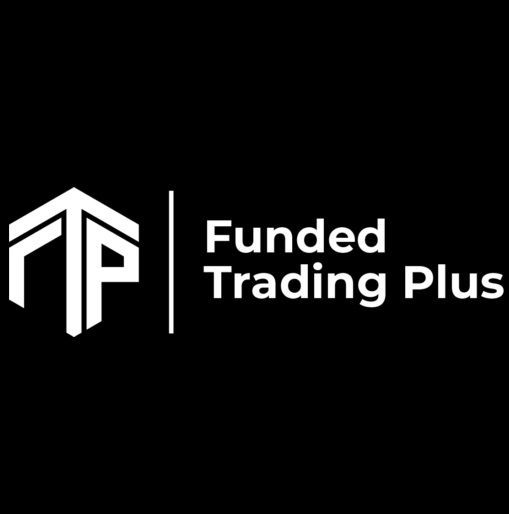 |
Funded Trading Plus | 🚀 Instant Funding | DTINSIGHTS | $119 | Visit Site |
| #3 |  |
Alpha Futures | ⚡ Best New Futures | dtinsights000620
15% OFF |
$79 | Visit Site |
| #4 |  |
My Funded Futures | ⚙️ Best Custom | DTINSIGHTS | $77 | Visit Site |
| #5 | 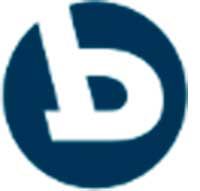 |
Bulenox | 💰 Best Value | DTI
85% OFF |
$125 | Visit Site |
| #6 | 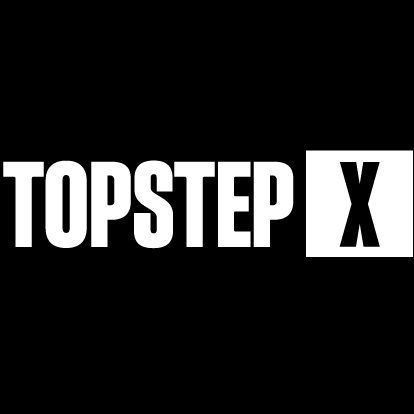 |
TopStep | 🎓 Best Beginners | Link Only | $49 | Visit Site |
| #7 | 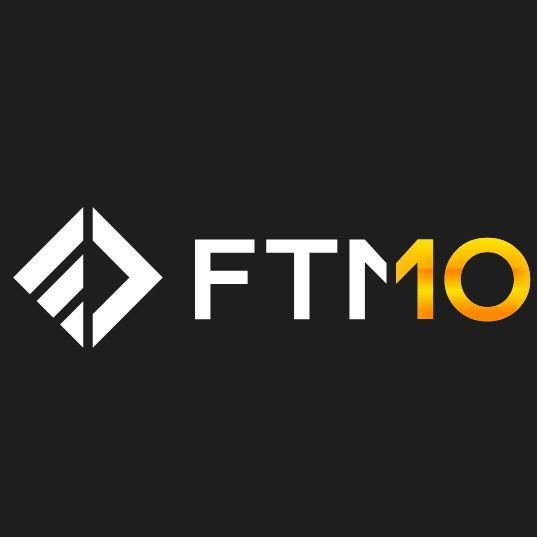 |
FTMO | 🌍 Best Forex | -- | $155 | Visit Site |
| #8 | 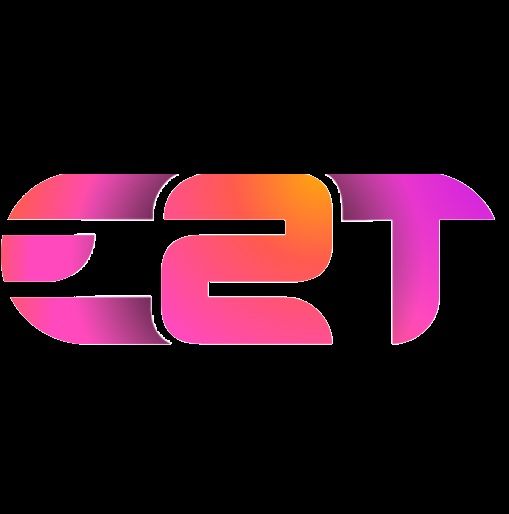 |
Earn2Trade | 📚 Best Education | Link only
|
$60 | Visit Site |
| #9 | 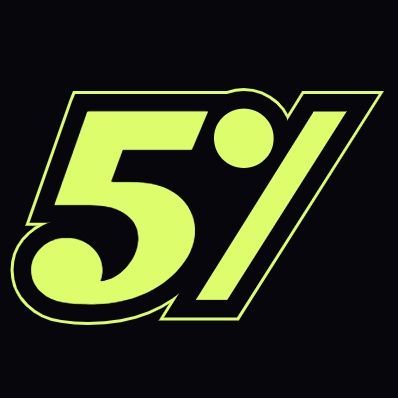 |
The 5%ers | 📈 High Stakes | Link Only | $39 | Visit Site |
| #10 | 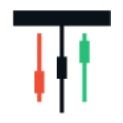 |
Take Profit Trader | 💸 Fast Payouts | Link Only | $150 | Visit Site |
| #11 |  |
Trade The Pool | 📊 Best Stocks | Link Only | $47 | Visit Site |
Best Funded Trader Programs: Detailed Analysis
Looking at the best funded trader programs in 2025, one cannot doubt that the industry is undergoing a dramatic evolution. Some programs now offer up to $400,000 in trading capital; others have chosen to implement flexible rules and higher profit splits. But here's the thing: getting Company A to fund your positions in the market isn't everything there is to funded trading. You must look for a program that aligns with your goals and approach to trading.
Typically, proprietary trading firms (companies that fund traders) operate the futures and forex trading markets. Therefore, one would expect that such a list incorporates firms from both markets. However, this presentation discusses futures funded trading programs purely because, at the moment, the Forex prop trading industry is facing some challenges that have undermined operations. Other than being more stable currently, funded trader programs in the futures market offer a few advantages over Forex, including a broader range of options and higher leverage. The industry is also properly regulated.
One more thing before we get down to business: It can be challenging for some to understand how we define “best.” We, too, have grappled with this question, and after brainstorming, we decided to break down this undertaking into sections and then identify the best program for each section. Below is a preview of our findings:
#1 Apex Trader Funding: Best Futures Prop Firm for Beginners
What makes Apex Trader Funding standout: Apex Trader Funding stands out with a one-step evaluation for futures and a favorable profit-sharing model, letting traders keep 100% of their first $25,000 in profits before any split. It’s best overall for futures due to flexible rules (no trading hour restrictions) and a generous scaling plan, giving experienced futures traders more freedom to grow their accounts.
Apex Trader Funding first opened its doors in 2021 and looked promising—almost too good to be true. But looking at the company today, one can see why doubting it would’ve been a mistake. The firm is a favorite among futures traders, and their numbers are nothing to sneeze at—with almost $9M in average monthly payouts since January 2023.
To make things even better, the firm revised its rules. Initially, Apex had some of the most restrictive guidelines, but the recent improvements made the funding much more competitive than before. It does make sense, one might argue, to have restrictive rules for traders when they are first starting out. This minimizes the chances of the company folding even before it hits the ground properly. But once established, the company has sufficient experience to onboard the right members regardless of the rules in place.
Please note: Apex Trader Funding often offers huge discounts, making it even easier to get started with them. Currently, they are running an 90% off SALE- with coupon code UQZQSHZW.
Pros:
- Reasonable rules for traders
- After discount codes, it becomes cheap to sign up
- Great reputation
- Paid out more to their traders than any other futures prop trading firm
- Accounts sizes up to $300K
- Offers one-step futures evaluation
Cons:
- Overnight positions are not allowed
Read full
Apex Trader Funding Review.
#2 Funded Trading Plus - Best Forex Funded Trading Firm
What it is: UK‑based prop firm for forex/CFDs with 1‑step, 2‑step, and Instant Funding. No time limits on evaluations; payouts occur every 3, 5, or 7 days. Profit split 80–90% (up to 100% on top tiers), no consistency/min‑days, and scaling to ~$5M. A leading pick for traders who want instant funding and flexible withdrawals.
What makes Funded Trading Plus standout: Funded Trading Plus (FT+) sets itself apart with Instant Funding, allowing traders to skip the challenge phase and start trading with a funded account immediately. FT+ also offers flexible one-phase or two-phase challenges with high profit splits (up to 100%) and day-one payout availability— appealing to traders seeking quick funding and fast withdrawals.
Reputation: Widely viewed as reliable and modern; ~4.6★ Trustpilot (≈2.5k reviews). Praised for smooth onboarding, clear rules, fast payouts, and global access (incl. U.S.). Minor knocks: slower international transfers at times and occasional support delays. Overall sentiment: innovative, trader‑friendly, and true to its promises.
Pros:
- Instant funding option
- No time limits on evals
- Frequent payouts (3/5/7‑day cycles)
- High scaling (to ~$5M) & 80–90%+ split
- No consistency/min‑days; news/EAs allowed
Cons:
- Trailing drawdown in eval tightens after gains
- Monthly subs + data/platform costs
- Occasional slow international payouts
Read our full Funded Trading Plus review.
#3 Alpha Futures - Best Futures Funded Trading Firm
What it is: Alpha Futures is a futures‑only prop firm with a subscription‑based, one‑step evaluation. Key rules include an End‑of‑Day (EOD) trailing Maximum Loss Limit (MLL) - 4% on Standard/Zero and 3.5% on Advanced - that trails on end‑of‑day balance (not intraday equity) and stops at the starting balance.
Evaluations have no daily loss guard; once qualified, a soft 2% Daily Loss Guard applies (account locks until the next session if hit). Payouts on Standard are tiered 70% → 80% → 90% (bi‑weekly), Advanced pays 90% from the start with weekly requests after 5 winning days, and per‑request caps up to $15,000 on Standard/Advanced; processing targets ≤48 business hours. Max allocation is three qualified accounts (up to $450k total).
What makes Alpha Futures standout: Alpha Futures is a newer prop firm run by veteran traders, offering simple one-phase futures evaluations with accounts up to $450,000. It has few restrictions (no daily drawdown limits and only a 6% profit target on standard accounts) and strong trader support, making it promising for futures traders seeking a modern, growth-focused program.
Reputation: On Trustpilot, Alpha Futures shows 4.9/5 from ~578 reviews, with many praising support responsiveness and quick payouts. Community forums are mixed, with some traders reporting positive experiences alongside payout denials tied to rules (e.g., “tick scalping”/consistency) and occasional tech or execution complaints. It's also a good idea to read the Consistency (50% eval / 40% qualified) and News rules carefully before scaling. Overall sentiment skews positive‑but‑young: attractive EOD risk model, generous caps/speed on withdrawals, and active support—tempered by rule‑sensitivity typical of prop programs.
Pros:
- One‑step evaluation; futures‑focused.
- EOD trailing drawdown (trails on EOD balance, not intraday; stops at start balance).
- No daily loss guard on evaluations; clear 2% Daily Loss Guard once qualified.
- Fast, flexible payouts: up to $15k/request (Std/Adv), Advanced 90% from day one; target processing ≤48 business hours.
- Max allocation up to $450k across three qualified accounts.
- Strong public rating (Trustpilot 4.9/5, 578+ reviews).
Cons:
- Rule‑sensitive payouts: Consistency rule (50% eval / 40% qualified) can delay payout eligibility; news‑execution window (±2 minutes on high‑impact events) can trigger violations.
- Community complaints (anecdotal): some reports of payout denials (e.g., “tick scalping”) and platform/execution issues during volatility.
- Payout caps still apply (Std/Adv $15k per request; lower on Zero).
Alpha Futures Score: 4.7/5.0
A compelling EOD-drawdown futures prop with quick, high-cap payouts and support that rates well publicly—best for traders comfortable operating within consistency/news constraints and who value EOD risk over intraday trailing.
Read our full Alpha Futures Review.
#4 My Funded Futures (MFFU)
What it is: U.S.–based futures prop with highly customizable evaluations (Starter, Starter Plus, Expert, and Eval‑to‑Live 1‑Step). No time limits to pass; most plans utilize light consistency rules, along with a choice of EOD or trailing drawdown. Funded payouts: first $1,000 at 100%, then 90% (some Pro+ start at 90% from $0); bi‑weekly withdrawals (≈48‑hour processing), $1k min. All strategies, algos, and trade copiers allowed if not exploitative; broad platform support (NinjaTrader, Tradovate, TradingView, etc.).
What makes MyFundedFutures trader funding program standout: My Funded Futures (MFFU) is known for customization and flexibility, allowing traders to tailor their evaluation program. It supports one-step and two-step options and offers various account types (Starter with a consistency rule, Expert without), allowing traders to choose what fits their style. MFFU also supports multiple asset classes (futures, forex, stocks), giving participants a diversified opportunity beyond just futures.
Reputation: New (2023) but strong early sentiment for fast payouts, clear rules, and active leadership. Traders appreciate the no-gimmick feel and customization; a few early technical hiccups and anti-abuse enforcement issues were reported, which are now largely resolved. Trust scores hover around 4.6–4.8★ (smaller sample size due to age). Overall: trader‑centric and flexible, a top pick if you want the program to fit your style.
Pros:
- Custom evals; no time limits; EOD vs. trailing choice
- $1k at 100%, then 90%; bi‑weekly payouts
- Eval‑to‑Live 1‑Step fast path
- No scaling limits; algos/copiers allowed
- Works with major futures platforms
Cons:
- Newer firm (since 2023)
- Consistency rules still apply (multi‑day P/L)
- Eval profit share only ~40% on excess above target
Read our full MyFundedFutures review.
#5 Bulenox
What it is: Budget‑friendly futures prop with subscription evals, two drawdown types (TD or EOD), and sizes $10k–$250k. No time limit, no minimum days, and no consistency rule — you can pass in 1–2 days. Frequent 50–90% promotions and cheap resets keep costs low. Targets are 6%; rules are simple, and all strategies/EAs are allowed within loss limits. Funded accounts: one‑time activation ($100), weekly payouts, 100% first $10k then 90%, Rithmic data, and broad platform support.
What makes Bulenox Trader Funding program standout: Bulenox is acclaimed as a highly affordable and flexible futures funding program, often running discounts and promotions for new sign-ups. It features a quick one-step evaluation with no minimum trading days and trader-friendly rules—generous profit splits (up to ~90% payout) and low-cost resets—making it accessible for those seeking funding on a budget.
Reputation: Strong public sentiment (≈4.8★, ~1k reviews) for fast, smooth payouts (often same‑day) and responsive support. The community likes the transparent rules and constant discounts/retries. Caveats: The first payout typically occurs after ~10 traded days and above, starting with the balance plus fees; subscription fees can add up if you trade slowly. Overall: most affordable + flexible path to futures funding for self‑starters.
Pros:
- Ultra‑low cost evals; frequent big promos
- No min days/time limit/consistency
- Simple rules; all strategies/EAs allowed
- Weekly payouts; 100% first $10k, then 90%
- TD or EOD drawdown choice
Cons:
- ~10 traded days before first payout
- No education/coaching
- Short maintenance window each day
Read full
Bulenox Review.
#6 TopStep Futures Funded Trader Program
What it is: The original futures-funded program (Chicago, 2013) with a two‑phase Trading Combine. A typical $50k Combine targets +$3k with ~$2k trailing max loss and ~$1k daily loss; subscription model (≈$165/mo) with no time limit. Pass to a Pro Account: 100% of first $10k, then 90%, weekly payouts after 5 profitable days; $130 activation and optional $1,500 funded reset. Strict risk rules and contract scaling aim to build discipline.
What makes TopSteps Futures Trader Funding program standout: Topstep is the most established futures prop firm, having invented the funded trader model for futures in 2012. It uses a two-step evaluation, the Topstep Combine (with profit targets and strict loss limits), and has earned traders’ trust through its focus on discipline and education, solidifying its status as the most trusted program in futures trading.
Reputation: ~4.3★ (≈11k reviews); praised as a reliable “training ground” with clean, fast payouts and solid coaching. Traders appreciate the structure and longevity; fees are often viewed as a form of “tuition.” Common complaints include monthly costs/resets adding up, strict daily loss/contract limits, and occasional platform/support hiccups. Overall, the most established and trusted route for funding conservative, education-forward futures.
Pros:
- 12+ years; strong payout record
- 100% first $10k, then 90%; weekly payouts
- No time limit to pass; clear the two‑step rules
- Coaching, analytics, and an active community
- Realistic risk framework (daily loss + scaling)
Cons:
- Monthly subscription; resets can be pricey
- Strict daily loss & rule enforcement
- It can cost more than one‑time‑fee rivals if you take a long time
- Occasional platform/support hiccups
Read our full TopStep Futures Funded Trader review.
#7 FTMO Trader Funding
What it is: Czech‑based forex/CFD prop with the classic two‑step evaluation (10% then 5%) and no time limits now (min 4 trading days per phase). Rules are strict: 5% daily and 10% overall loss. Account sizes range from $10,000 to $200,000 (up to a combined total of $400,000). Funded traders start at an 80% profit split, scaling to 90% via the growth plan; the challenge fee is refunded with the first payout. Payouts are monthly by default (then bi‑weekly), with MT4/MT5 and cTrader access on competitive conditions.
What makes FTMO Trader Funding standout: FTMO is known for pioneering the two-step evaluation and has a strong track record since 2015. As an industry leader, FTMO is known for reliability and transparency. It boasts thousands of successful traders and a ~4.9/5 Trustpilot rating, making it the go-to for forex traders seeking a proven funded account.
Reputation: Long‑standing leader with ~4.8★ from 26k+ reviews; praised for transparent rules, fast payouts, and professional support. Not accepting new U.S. clients as of 2025; however, it is widely available elsewhere. Rare disputes arise when traders breach risk or employ overly aggressive tactics; FTMO may apply additional risk scrutiny. Overall, it remains the gold standard for disciplined non‑U.S. traders.
Pros:
- Elite credibility; proven, timely payouts
- Clear 2‑step eval; no time limits
- Fee refund + scaling to 90% split
- Strong platforms (MT4/5, cTrader) & analytics
- Helpful support and resources
Cons:
- Not available to new U.S. traders
- Strict 5% daily / 10% max loss
- Starts at 80/20 split
- Payouts are monthly by default; first payout limits are on some tiers
Read our full FTMO review.
#8 Earn2Trade Trader Funding Program
What it is: Futures‑focused education + funding program with two paths: Gauntlet Mini (15‑day min; ~10% target; daily loss + EOD drawdown + progression ladder + 30% consistency) and Trader Career Path (start small, double at milestones up to $200k). All plans include a 60‑video Beginner Crash Course, webinars, and mentorship. Pass an eval and trade a live Helios account on an 80/20 split; no funded-stage monthly fees. The process often begins with a short LiveSim check before going fully live.
What makes Earn2Trade program standout: Earn2Trade is the best program for beginners due to its educational focus and approachable evaluations. New traders take an evaluation (like the 10-day Gauntlet Mini) and access a 60-lesson Beginner Crash Course and other training resources, learning fundamental skills and risk management as they work toward funding.
Reputation:
About 4.7★ (1k+ reviews); praised for bootcamp‑style training, transparent rules, and hands‑on support. Community reports strict but fair enforcement and no payout scandals. Downsides include costs (subscription and market data) and a lower initial split than 90% of firms. Overall, this is best for beginners who want structured learning while earning funding.
Pros:
- Education included (course, webinars, mentorship)
- TCP scaling from small to $200k
- Guaranteed funding on pass via Helios
- No hard time limit to pass
- Responsive support & active community
Cons:
- 80/20 split (lower than 90% peers)
- Monthly fees + data can add up
- 30% consistency & inactivity rules
- Scaling can feel slow
Read our full Earn2Trade review.
#9 The 5%ers
What it is: Forex‑focused prop offering instant live funding and a career‑style scaling plan to $4M. The core track targets ~6–7% with low leverage (e.g., 1:6) and no time limit; hitting milestones doubles the account at each step. Multiple paths (Bootcamp, Hyper Growth, High-Stakes) are available, plus overnight/news trading. A strong ecosystem of coaching, webinars, and a trader community supports steady, low-risk growth.
What makes The5%ers standout: The 5%ers offers high long-term earning potential through an aggressive scaling plan that can grow accounts up to $4 million. Designed for sustained growth, there are no time limits to hit profit targets, and profit-sharing increases progressively, making The 5%ers ideal for traders aiming for long-term progression.
Reputation: Among the highest‑rated props (≈4.9★, 16k+ reviews), praised for fairness, support, and reliable payouts. Traders highlight the no-rush structure and proven long-term scalability. Trade‑offs: lower initial split (50/50), conservative risk/leverage, and smaller starting capital; instant‑funding fees can be higher. Best suited for patient, methodical traders seeking long-term, high ceilings (up to a 100% split at top tiers).
Pros:
- Instant live funding; unlimited time
- Scaling to $4M; up to 100% profit split at top levels
- Overnight/news trading allowed
- Robust coaching & community
- Account doubles at each milestone
Cons:
- 50/50 starting split (improves with milestones)
- Low leverage / conservative risk
- Forex/CFD only (no stocks/futures)
Read
full review of the 5%ers.
#10 Take Profit Trader
What it is: U.S.-based futures prop with a single‑step eval (e.g., $50k needs +$3k) and, since 2025, no daily loss—only EOD trailing drawdown. No scaling rules; trade full size from day one, and hold up to 5 funded accounts. Payouts are the headline: same‑day withdrawals, no windows/minimums (leave a small buffer), and splits of 80/20 (or 90/10 Pro+). You can be funded in ~5 trading days; after funding, you can withdraw as soon as the next day.
What makes Take Profit Trader standout: Take Profit Trader delivers the fastest withdrawals with a simple ruleset. Successful traders can withdraw profits from day one of their funded (Pro) account with no waiting. The program is a one-step evaluation with no scaling requirements or daily loss limits (just an end-of-day trailing drawdown), so traders face fewer hurdles and can focus on trading and taking profits.
Reputation: Widely seen as the fastest‑paying futures prop (≈4.4★, ~5k reviews) with rules that match the marketing. Traders praise the zero-wait payouts and simple rulebook; support is responsive, and promotions are frequent. Critiques center on the $130 activation fee, the $1,500 funded reset, and strict enforcement of edge-case violations. Overall: a go‑to for speed and simplicity if you follow the few rules precisely.
Pros:
- Same‑day payouts; no payout windows/min
- One‑step, ~5‑day path to funding
- No daily loss, no consistency/scaling rules
- 80/20 (or 90/10 Pro+); no payout caps
- Up to 5 funded accounts
Cons:
- $130 activation; $1,500 funded reset
- Strict enforcement of rule edge cases
- No built‑in scaling
- Minimal education resources
Learn more in our Take Profit Trader review.
#11 Trade The Pool
What it is: Stocks‑only prop from the 5%ers team with a single‑step eval: ~6% target, 3% daily, and 7% total loss, and no time limit. Trade 12k+ U.S. stocks/ETFs, long or short, with DMA on TraderEvolution (about $0.005/share commissions) and no PDT rule. Funding typically $30k–$160k, scaling toward ~$450k; 70/30 profit split and bi‑weekly payouts ($1k min). Suits equity day/swing traders who want real stock execution and easy shorting access.
What makes Trade The Pool program standout: Trade The Pool is tailored for stock traders, providing a funded account exclusively for equities. Unlike most prop firms focused on forex or futures, Trade The Pool gives access to over 12,000 U.S. stocks and ETFs. This broad access and stock-specific rules (allowing both intraday and swing trading) make it the top choice for traders seeking stock funding.
Reputation: Backed by a reputable parent; community feedback is positive (≈4.5★), especially for shorting small caps and robust platform tools. Traders appreciate the unlimited time evaluation and consistent payouts, with support being responsive. Trade‑offs include a lower split (70%), strict daily risk, and commissions to factor in for high volume. Overall: a top choice for stock traders needing capital, short locates, and realistic fills.
Pros:
- 12k+ U.S. stocks/ETFs, long & short; no PDT
- Single‑step, no time limit; realistic DMA fills
- TraderEvolution with Level 2, hotkeys
- Overnight/swing allowed; bi‑weekly payouts
- Clear scaling path to ~$450k
Cons:
- 70/30 split (lower than many forex/futures props)
- 3% daily / 7% total loss is tight
- $0.005/share commissions (costly for high volume)
- Platform learning curve; must balance scaling vs. withdrawals
Top Funded Trader Programs in 2025
- Best Overall: ApexTraderFunding (ATF)
- Best Forex Prop Firm with Instant Funding Program: Funded Trading Plus
- Best Futures Funded Trader Program: Alpha Futures
- Best for Customized Programs: My Funded Futures (MFFU)
- Most Affordable with Great Flexibility: Bulenox
- Most Established and Trusted Futures Funded Trader Program: TopStep Trader Funding
- Most Popular and Reliable Forex Funded Trader Program: FTMO
- Best Funded Trader Program for Complete Beginners: Earn2Trade
- Highest Earning Potential & Great for Long-Term Growth: The 5%ers
- Fastest Withdrawal and Simplest Rules: Take Profit Trader
- Best Funded Trader Program for Stock Traders: Trade the Pool
What Is a Funded Trading Program?
A funded trading program is a partnership between a trader and a company with trading capital. The companies, often referred to as proprietary trading firms (prop firms), noticed that many individuals wish to pursue trading opportunities but lack the money to do so. So, they took it upon themselves to fund skilled traders capable of creating value.
Typically, this arrangement follows specific rules and has specific terms that one must understand, including:
- Trading capital: The money the prop firm provides for trading
- Profit split: The percentage of profits shared between the trader and the company
- Evaluation phase: A testing period to ascertain a trader’s skills and suitability.
- Trading rules: Specific guidelines and risk management requirements a trader must follow
A typical funded trading program looks like this:
- Say you want to trade futures contracts, but you don't have the $25,000 needed to trade comfortably.
- In that case, you sign up for an evaluation with a prop firm—some companies may require that you part with a small fee to participate in their trading challenge, but you won’t miss some that let you try for free and only pay for reevaluation if unsuccessful at the first attempt.
- During the challenge, you trade a simulated account with a given initial dummy funding. If you succeed at this level, the company graduates you to an account funded with real money.
Here is a good video explanation for you as well:
How To Choose the Right Futures Funded Trader Program?
Let's be honest—it is not easy to pick the right futures trader-funded programs, especially in 2025. In a few short years, the industry has attracted plenty of capital, and everyone is looking for traders to partner with them. The problem is that every company claims it's the best. They shout slogans like “We offer unbeatable profit splits" or "Our trading rules are the most flexible in the industry."
But here's the thing: what works perfectly for your trading buddy might be completely wrong for you. Earlier, we listed the best funded trader programs we’ve tested and shared their advantages. However, we should state that choosing where you put your time and money is too important to be wished away. After all, even though you're trading with someone else's capital, you're still investing your time and evaluation fees – and those are just as valuable.
So, how do you evaluate a prop firm to determine the best partner? Consider these factors:
1) Reputation Matters More Than You Think
First things first—what do strangers on the internet have to say about the company? This is an important place to begin because it helps you gauge the program’s standing among people who have prior experience with the prop firm. It might not seem helpful, but the details can expose a company that hides behind layers of PR initiatives.
And no, useful information is not those suspiciously perfect testimonials on the company's website—dig deeper. Look for authentic discussions on forums like Reddit and TradingView. Also, check out the company’s Trustpilot scores, but don't just look at the overall rating—read through both positive and negative reviews to spot patterns.
Tip: Pay close attention to reviews mentioning payouts and customer support. A funded trading program might look great on paper, but if traders (both current and past) consistently complain about delayed withdrawals or unresponsive support teams, that's a massive red flag. After all, what good is making profits if you can't access them?
2) Trading Conditions
The conditions that a prop firm subjects members can make or break their career. You might have the best strategy in the world, but if a funded trading program hits you with wide spreads or slow executions, you're fighting with one hand tied behind your back.
What should you look for? Start with the basics – check their spreads (they should be competitive with what regular brokers offer), how fast they execute your orders (every millisecond counts in today's markets), and what instruments you can trade. If you like to jump between different markets during the day, make sure the program gives you that flexibility. And here's something many traders forget to check: what are the trading hours? Some programs restrict when you can trade, which might not work if you're planning to hold positions overnight.
3) What Extra Tools Do They Put In Your Trading Arsenal?
Think of funded trading programs like a gym membership—sure, the basic equipment is important, but does the place offer training sessions, nutrition advice, and support when you need it? The best funded trader programs do more than just hand you capital and say, "Good luck."
Look for programs that actually invest in your success. Do they provide a solid market analysis that you can use? How about educational content that isn't just recycled YouTube videos? Some of the better programs even throw in premium trading tools that would cost you hundreds of dollars monthly if you bought them yourself. And while trading signals might sound nice, what's really valuable is a community of fellow funded traders you can learn from. After all, nobody understands the challenges of funded trading better than other traders in the same program.
4) Funded Terms
Let's get real about the money stuff – not just how much you can trade with, but all the nitty-gritty details that affect your bottom line. When comparing the best funded trader programs, you need to dig into their terms like a detective.
First up, look at their funding ladder. Sure, they might advertise accounts up to $200,000, but what's your starting point? Can you scale up as you prove yourself? Then there's the profit split – and this is where it gets interesting. Some programs might dangle a juicy 90% profit share in your face, but bury minimum withdrawal amounts or monthly fees in their terms. And speaking of fees, don't just look at the evaluation cost. Check if there are reset fees (because, let's face it, everyone has bad trades), monthly subscription costs, or data fees that'll eat into your profits. Remember, in funded trading, sometimes the devil really is in the details.
5) Will They Have Your Back When You Need Them?
Let's talk about something that doesn't seem important until it really, really is—customer support. Picture this: it's 3 a.m., you've got positions open, and suddenly, something goes wrong with your platform. Or maybe you're about to hit your profit target but aren't sure if a certain trade might break the rules. This is when good support isn't just nice to have—it's absolutely crucial.
The best funded trader programs understand that markets don't sleep, so neither should their support. But here's the thing: don't just take their word for it when they say "24/7 support." Test them out before you commit. Send them an email, jump on their live chat, or try calling their support line at odd hours. See how fast they respond and, more importantly, whether they actually solve problems or just copy-paste generic responses. And while you're at it, check if they offer support in your language – nothing's worse than trying to sort out a trading emergency through Google Translate.
6) Is Your Money (And Data) Actually Safe?
Not enough traders think about security until it's too late. We're not just talking about the safety of your trading profits (though that's obviously crucial). The current trading environment has evolved so much that your personal information is just as valuable as your trading capital, and the best funded trader programs know this.
What should you be looking for? First off, check if they're actually regulated – and by whom. There's a big difference between a company that's properly registered with financial authorities and one that just claims to be "totally legit, trust us." Look at how they handle your money too. Do they keep trader funds in segregated accounts? Are they transparent about which banks they use? And don't forget about your personal data – a sound funded trading program should use bank-grade encryption and have clear policies about how they protect your information. Remember, in an industry where scams unfortunately exist, legitimate programs go out of their way to prove they're trustworthy.
7) No Surprises – Everything Should Be Crystal Clear
Look, in funded trading, surprises are rarely good news. That's why you must always have an eye out for inexplicable activities or specific actions. The best funded trader programs put all the details on the table for you to understand.
What does real transparency look like? It's when a program clearly tells you not just their profit splits, but also their exact rules about overnight positions, news trading, or holding trades through major economic events. It's when they show you exactly how they calculate your drawdown, not leave you guessing whether you're close to hitting your limits. And most importantly, it's when they're upfront about any fees or conditions that might affect your trading or profits.
8) Fair Profit Ratio – Is The Split Really As Good As It Seems?
Let's talk money - specifically, how it gets split between you and the company after you've done all the hard work of actually making those trades. This is probably one of the first things you look at when checking out funded trader programs, and hey, we get it. Those 90% profit splits some companies advertise look mighty tempting.
But here's the thing about profit splits in funded trading – they're not always what they seem at first glance. Sure, a program might boast about its "industry-leading" profit share, but you need to dig deeper. Are there hidden conditions attached to that sweet profit ratio? Some programs start you at a lower split and make you "earn" your way to a higher percentage. Others might offer amazing splits but then hit you with higher monthly fees or evaluation costs that eat into those profits.
What you really want to look for is transparency in how these splits work. The best funded trader programs spell it out clearly: what percentage you get, what they keep, when you can withdraw your profits, and any conditions that might affect your split. Remember, a straightforward 80/20 split with no strings attached might actually put more money in your pocket than a flashy 90/10 that comes with a bunch of catches.
How Did We Choose the Best Funded Trader Programs?
When picking the top programs for 2025, we kept things simple but thorough. First, we actually invested our own money in these programs—we signed up for evaluations, tested their platforms, and went through their whole funding process. Nothing beats hands-on experience.
We focused on five key areas:
- Payout track record (did traders actually get their money?)
- Real user feedback (not just the shiny testimonials)
- Platform stability (because glitches during trading are a deal-breaker)
- Support responsiveness (tested at different hours)
- Hidden costs (monthly fees, data charges, the stuff they don't advertise)
Plus, we kept tabs on each program for at least six months to spot any red flags. Some looked great at first but showed their true colors when it came time to pay traders. Others impressed us with how they handled market volatility and trader issues.
Remember, though, that the industry changes fast. What worked last month might not work today, so we update our findings regularly.
Best Futures Prop Firms in 2025 – Final Thoughts
Look, choosing a funded trading program isn't as simple as picking the one with the biggest numbers. Sure, that $500,000 account size looks tempting, and who wouldn't want a 90% profit split? But as we've seen, there's more to it than that.
The good news? The futures prop trading space has gotten pretty competitive in 2025. More companies are fighting for good traders, which means better deals for you. Whether you're looking at Apex because of their track record with payouts, or My Funded Futures because you want a program that fits your specific trading style – you've got solid options.
Just remember what matters: Can you actually trade the way you want to? Will they pay you on time? Is support there when things go wrong? These questions matter way more than fancy marketing promises. Take your time, maybe test drive a few programs through their evaluation phases. After all, you wouldn't marry someone after the first date, right? The same goes for picking a trading partner - it's worth taking the time to find the right fit.
FAQs
Day Trading Insights Research Team
Day Trading Insights Research Team publishes articles written by active day traders, financial market researchers, or aspiring traders who are actively learning and investing on a regular schedule. Our research team brings formal training in finance and computer science, blending market theory with code-driven testing and tools. We’re passionate about understanding how trading works, how markets evolve, and how technology can sharpen professional decision‑making. Our content is education‑first and independently produced, free from outside bias.

